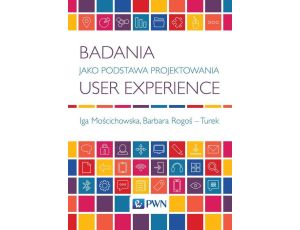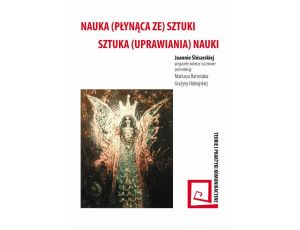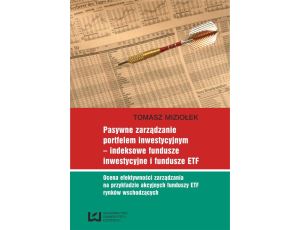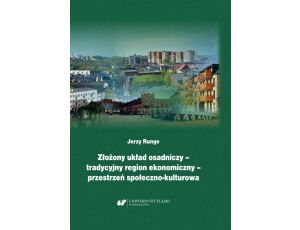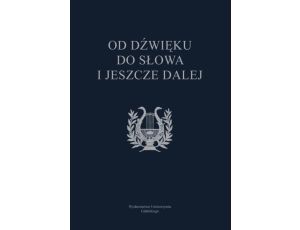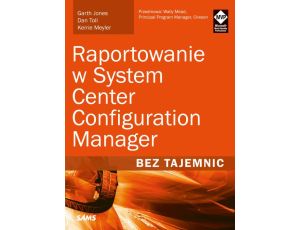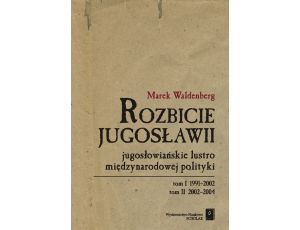As every presidential election, the 2012 cycle was also unique. On the one side we had president Barack Obama, who either due to his own shortcomings or rather the character of the inherited political regime, as defined by Stephen Skowronek (1997), was struggling for reelection. On the other, we had former Massachusetts governor, Mitt Romney – the first major party candidate since Walter Mondale, and the first Republican since Ronald Reagan, who had not held a public office at the time of his nomination. In this volume 26 scholars, from all around the world, take a look on how those two public figures, with so different backgrounds and life stories, though having graduate degrees from the same Alma Mater, were directing their ways to the White House. Nevertheless, discussing what strategy did they take, what rhetoric applied, and what policy proposed on domestic and international issues, as well as what campaign innovations introduced is only a part of the story. The other one is that the 2012 contest was presented in a broader picture of historical and legal context of the American presidential elections.
Introduction 7
PART ONE: LAW, HISTORY, AND POLITICS OF THE U.S. PRESIDENTIAL ELECTIONS 9
Robert Podolnjak, The Constitution, the Electoral College, and the American Concept of Democracy – a View from Europe 11
Jolanta Daszyńska, The Elections of the First Three American Presidents: How Did Americans Elect Washington, Adams and Jefferson? 31
Magdalena Paluszkiewicz-Misiaczek, White House Hostess, Pet Causes Campaigner, Convention Speaker – Evolution of Position and Role of American First Lady 47
Marco Morini, A Study on the Re-election Chances of American Presidents: Does the Unemployment Rate Matter? 65
Paweł Laidler, Conservative Crime Control v. Liberal Due Process and Presidential Elections 83
Magdalena Modrzejewska, Presidential Debate. Where Is the Question? 99
PART TWO: DOMESTIC FRONT 115
Donathan Brown, The Rhetorical Currency of Immigration Reform 117
Anna Bartnik, Hispanics in the 2012 Presidential Elections 129
Zinovia Lialiouti, Discursive Strategies in an Era of Economic Crisis: Barack Obama, the American Dream and the American Middle Class 143
Alix Meyer, The White House in 2013: Tax Shelter from the Storm? 163
Søren Christian Reimer, From the Political Wilderness to ‘Civil War’: The Republican Party during Obama’s First Term 183
Károly Pintér, God’s Chosen Candidate: Mitt Romney and the Role of Religion in the 2012 Presidential Campaign 203
Paulina Napierała, Barack Obama, Religion, and the Separation of Church and State 223
John Bloom, The Renewed Importance of Intelligent Design 249
PART THREE: MEDIA AND CULTURE IN AND ON CONTEMPORARY ELECTIONS AND POLITICS 263
István Szokonya, U.S. Elections (Web) 2.0 – Can Romney Outdo Obama in Social Media? 265
Anna Severse, The Synergy of Microtargeting and Social Media Unlocks the Code of the American Presidential Election 2012 273
Bożena Pękala, A Comparison of U.S. Presidential Candidates’ Media Image in Time and Newsweek 283
Maciej Turek, Paul Ryan and the Press 299
Patrick Sadjak, Indecision 2012: Cluster to the White House Redux – U.S. Presidential Election, Satire, and the New Political Media 315
Jolanta Szymkowska-Bartyzel, Cowboys Go to Washington – Cowboy Culture in Presidential Politics 327
PART FOUR: INTERNATIONAL CONTEXT OF 2012 PRESIDENTIAL ELECTION 353
Spasimir Domaradzki, Piotr Józefczyk, The Obama Administration and Human Rights: Between International PR and the American Values 345
Alf Tomas Tønnessen, Mitt Romney’s and Paul Ryan’s Rhetoric of Anti-Europeanism and American Exceptionalism 363
Mateusz Bogdanowicz, To Conduct or Not to Conduct the World (Again): 2012 U.S. Presidential Candidates’ Dilemmas 377
Dagmara Suberlak, Europe in the Politics of Barack Obama’s Administration 391
Joost Baarssen, Europe Is Working in the United States: “Europe” and Anti-Europeanism in the 2012 Elections 405
Wojciech Michnik, The United States’ Foreign Policy under Barack Obama’s Administration: An Early Assessment 425
Notes about the Authors 435
